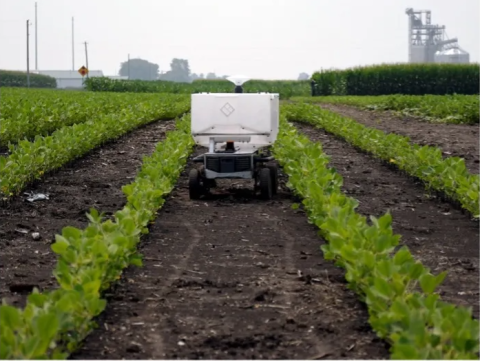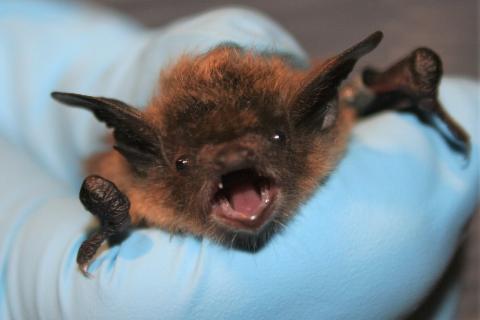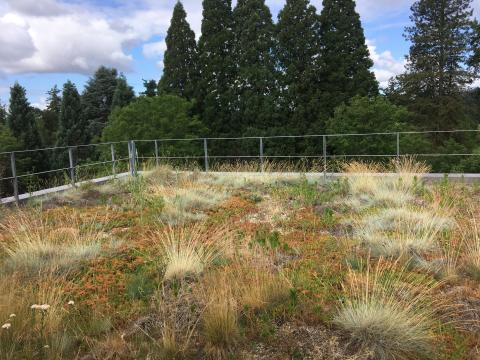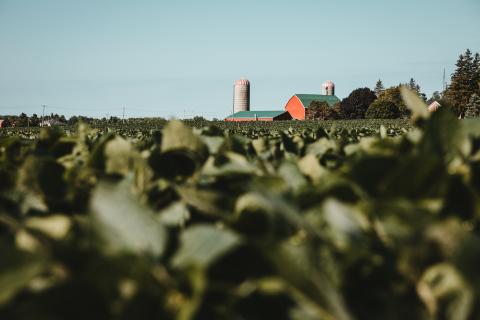The US Department of Agriculture (USDA) announced in late May that it is funding a new collaboration between two institutes and a research center at the University of Illinois Urbana-Champaign that will create an integrated farm of the future in the US Midwest.
This three-year project, titled I-FARM: Illinois Farming and Regenerative Management, has received $3.9 million in funding from the USDA’s National Institute of Food and Agriculture (NIFA). The Illinois-led study will develop an 80-acre agricultural proving ground where crops (corn and soybeans) and livestock will be raised using synergistic and sustainable methods.
“We will accelerate the creation, maturation and adoption of new management technologies that are fundamentally more sustainable, profitable, affordable and scale neutral. The new practices are enabled by mature digital farming technologies developed in a wide-ranging research effort at the University of Illinois,” said Primary Investigator Girish Chowdhary, Associate Professor of Agricultural and Bioengineering and Computer Science.




